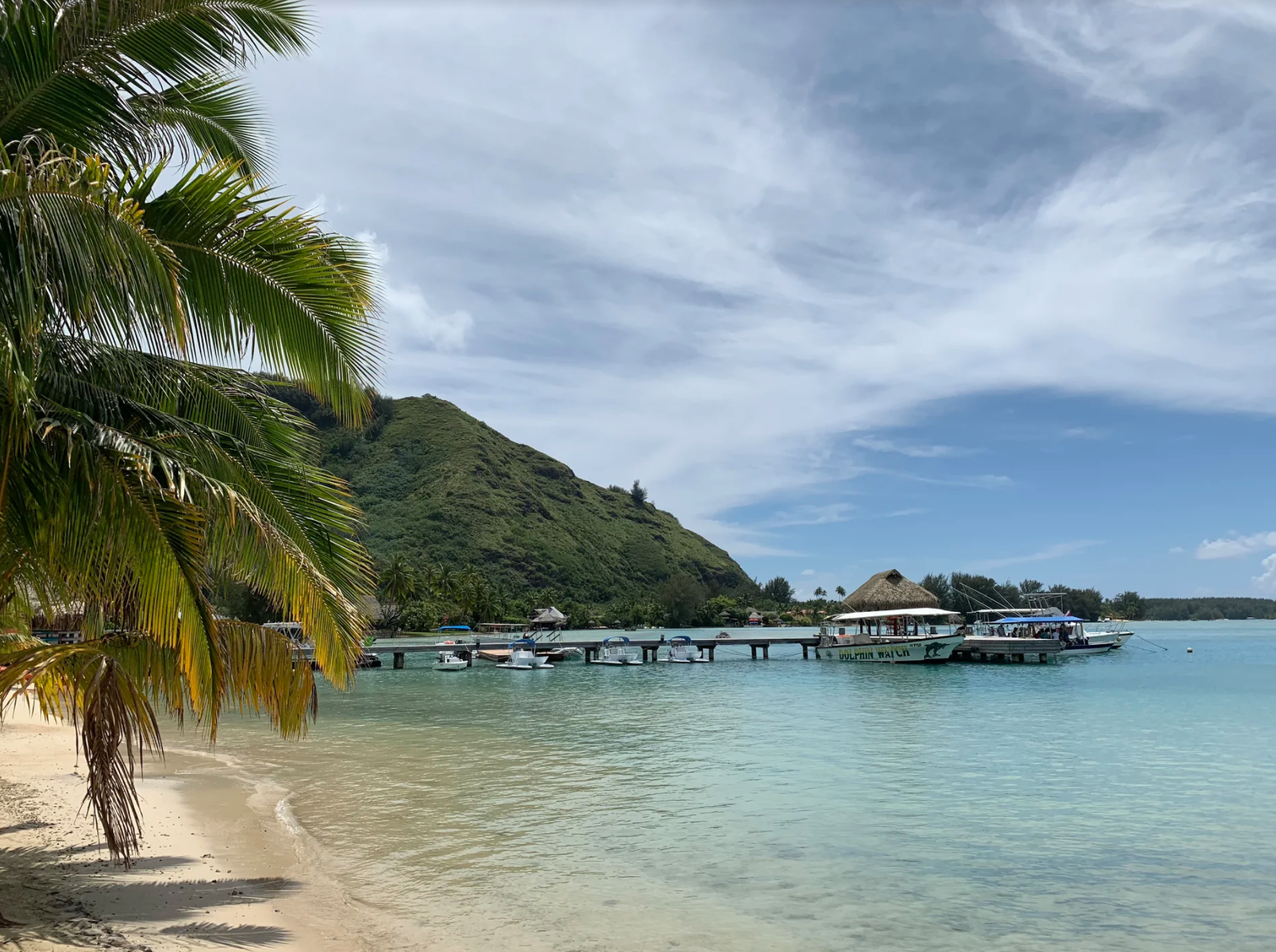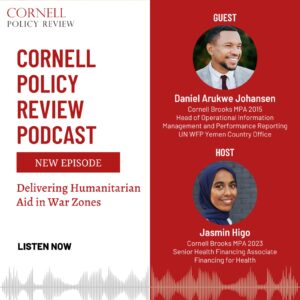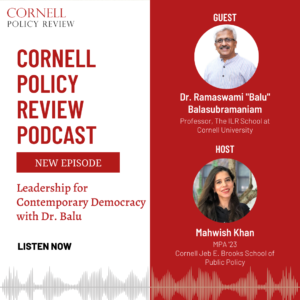
Source: Tiffany Agard
Written by Alyssa N Marcy and the EFII Class of 2020
As catastrophic climatic events ravage communities around the world, slow market growth, and exacerbate global health epidemics, acquiring necessary funding to mitigate and adapt becomes ever more dire. The fields of environmental finance and impact investing are dedicated to bridging the monetary gap for sustainability-oriented projects through corporate partnerships. Currently, the United Nations estimates that the financing gap to achieve the Sustainable Development Goals (SDGs) – 17 global goals dedicated to a resilient future – falls between $2.5 and $3 trillion USD annually (United Nations, n.d.). And while governments struggle with political polarization and lack of funds, corporations can make large investments to reach these global goals and improve their own business models.
The Environmental Finance and Impact Investing (EFII) certificate offers MPA students an opportunity to learn the various finance mechanisms available to improve sustainability while preserving profitability. Over the last 20 years, company goals expanded to include corporate social responsibility (CSR) and environmental, social, and governance (ESG) objectives into their overall missions. Bottom lines have evolved to include profit, people, planet (the triple bottom line), and now, purpose (the quadruple). The reality is if companies do not make a sustainable transition, if they do not green their supply chains and shift to long-term thinking, economic survival is not guaranteed.
The EFII fellows of 2019-2020 honed academic knowledge through experiential learning, working with a Swiss-based company to research investment solutions for a sustainable tourism fund. It was an exciting and challenging task to tackle an industry as diverse and complex as tourism and more considering the impact of COVID-19. Preparation included an in-depth understanding of offsetting and insetting. The former
is commonly heard when discussing “carbon offsets,” where a company or individual can purchase credits that offset their emissions. These offsets are generated from carbon-capturing projects or the sales of unused carbon credits. Insetting refers to mitigating climatic and social impacts within a company’s supply chain, and can include offsetting emissions, but also includes conservation, renewable energy, or public health projects. The company we worked with is known in the carbon offset space.
This article presents a summary of our work surrounding investments in sustainable tourism, including background on the industry as well as the solutions presented to the client. A brief analysis of the impact of COVID-19 on the sector and relevant policy implications contextualize our research within current events.
The Impact of COVID-19: Funding Sustainability Initiatives in Tourism






